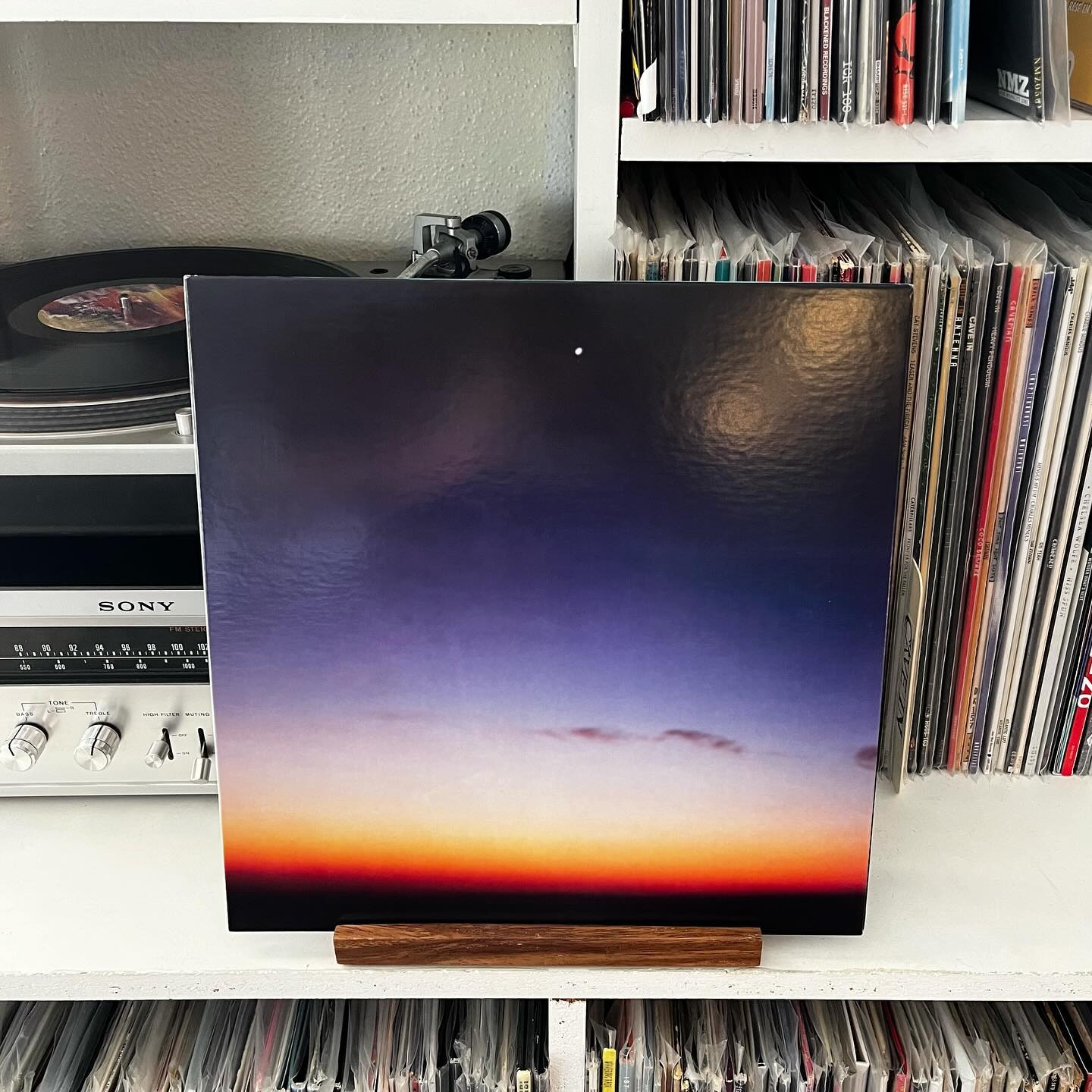 Speaking of the intersection of ambient music and barely decipherable shoegaze, I realized recently that as often as they come up in conversations about shoegaze, drone, post rock, lo-fi, and other noisy scenes that tickle my brain in a nice way, I haven’t dug too deep into Flying Saucer Attack.
Speaking of the intersection of ambient music and barely decipherable shoegaze, I realized recently that as often as they come up in conversations about shoegaze, drone, post rock, lo-fi, and other noisy scenes that tickle my brain in a nice way, I haven’t dug too deep into Flying Saucer Attack.
Of course, I’m familiar with them by reputation. I’ve even had a copy of Further for years. But my love for the project has not stretched out much beyond that one record. When I was reading about Belong for the last post though, there was an inordinate amount of comparisons to this, FSA’s self-titled record.
While Further is often lifted up as their most significant record, Flying Saucer Attack is much more song-based, implementing more substantial vocals and ubiquitous drum loops alongside the otherworldly ambient guitar experiments they’re remembered for.
It’s hard to say which of the two records is more accessible. This album is certainly less impenetrable than Further. That record was almost entirely absent of any sort of song structure, instead constructing landscapes of sonic noise and displaying them for a few minutes, like you might look at a painting of a landscape in a museum. Only one song had any discernible percussion, but it was hardly a toe tapper.
Here, a majority of the tracks are proper songs, complete with verses and choruses. Shoegazey opener “My Dreaming Hill” is their top track on Spotify by an incredible margin. “The Drowners” even has something you could call a guitar riff. However, these songs are also paired with some of the most unforgiving guitar noise ever put to tape.
The guitars are run through an armory of cascading delay pedals and cranked to high volume. There is a harshness to the tones that most recording engineers work hard to soften in their recordings. Here, they’re a massive part of the color palette. I very rarely adjust the EQ on my stereo, but this record sees me rolling the Treble knob back a bit. And that’s not even the most out-there element of it. There are some moments of Raga-inspired drone (“Popol Vuh 1” and free jazz (“Moonset“) that leave any hope of accessibility behind.
And while not everything that’s thrown at the wall sticks, there’s a charm here that’s rare in these sorts of records. Mastermind David Pierce doesn’t seem to bring very much self importance or delusions of grandeur to the music—if he did, he probably would have had a different name for their sound than “rural psychedelia,” which was very nearly the title of this record. This record is more playful than it is ambitious, even at its most obtuse. That doesn’t make it a candidate for my regular rotation (like Common Era is becoming), but it is a lovely piece of art that I’m glad to have in my collection.